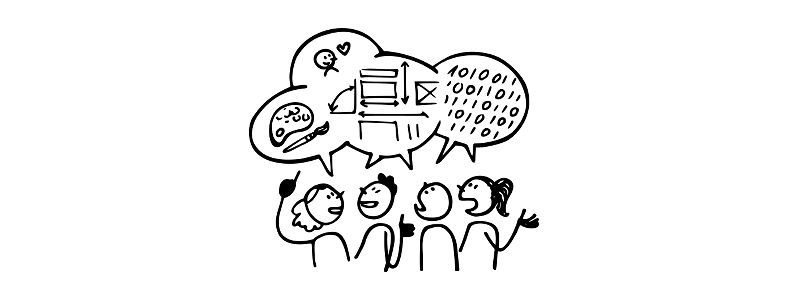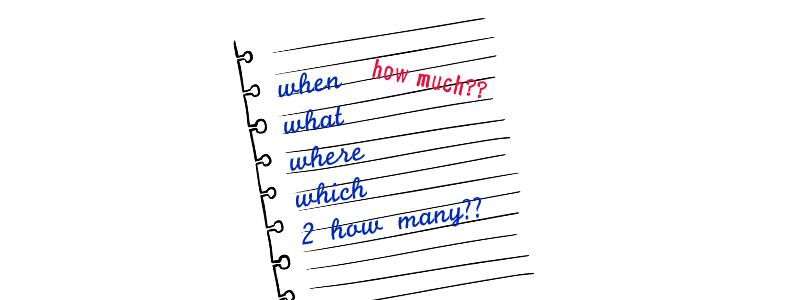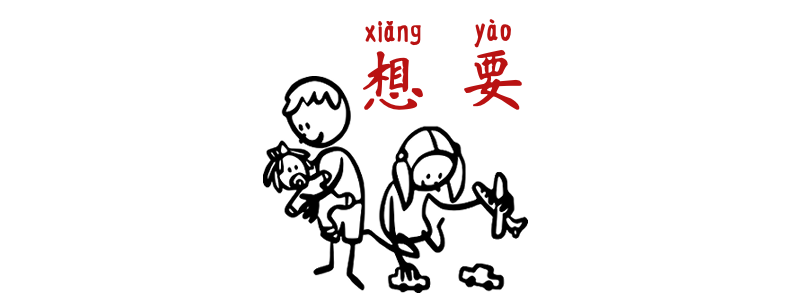Grammar Point:The word 比 bǐ in Chinese is a comparative particle that is used to compare two things or actions. It is commonly used in Chinese grammar to form comparative sentences. Structure A + 比 bǐ + B + Adj. The adjective is to describe A 美國Měiguó比bǐ日本Rìběn大dà美国Měiguó比bǐ日本Rìběn大dàThe United States is bigger than Japan. 台灣Táiwān的de夏天xiàtiān比bǐ加拿大Jiānádà的de夏天xiàtiān熱rè台湾Táiwān的de夏天xiàtiān比bǐ加拿大Jiānádà的de夏天xiàtiān热rèThe summer…
Category: HSK 1
Seafood in Chinese
Shrimps Traditional Taiwan Simplified China English 櫻花蝦 yīnghuāxiā 樱花虾 yīnghuāxiā Sakura shrimp 草蝦 cǎoxiā 草虾 cǎoxiā Penaeus monodon 天使紅蝦 tiānshǐhóngxiā 天使红虾 tiānshǐhóngxiā Argentine Red Shrimp 蝦蛄 xiāgū 虾蛄 xiāgū Mantis shrimp 明蝦 míngxiā 明虾 míngxiā Chinese white shrimp 白蝦 báixiā 白虾 báixiā Whiteleg shrimp 牡丹蝦 mǔdānxiā 牡丹虾 mǔdānxiā Botan Shrimp 龍蝦 lóngxiā 龙虾 lóngxiā Lobster…
Abbreviations of Chinese Grammar Terms
WORD Taiwan China English Abbreviation Example 名詞 míngcí 名词 míngcí noun n. 水、狗 代名詞 dàimíngcí 代词 dàicí pronoun pron. 你、我 動詞 dòngcí 动词 dòngcí verb v. 跑、看 助動詞 zhùdòngcí 助动词 zhùdòngcí auxiliary verb aux. 可能、必需 形容動詞靜態動詞 jìngtài dòngcíxíngróngdòngcí 形容词 xíngróngcí adjectivestative verbs adj.sv 高、胖、美 副詞 fùcí 副词 fùcí adverb adv. 非常、很 數量詞 shùliàngcí 数量词 shùliàngcí…
Chinese Measure Words
What is Measure Word A group of birds, a herd of cows. Similar to English, Chinese also uses measure words. However, Chinese uses them much more frequently than English. In English, you can say “There is a flock of birds” or “There are five birds.” In Chinese, we always need to use the specific measure…
Moon Festival
The Mid-Autumn Festival, also known as the Moon Festival, is one of the three most important Chinese festivals. It is a traditional holiday to worship the moon, as on that day, the moon turns into a beautiful circle (圓圆 yuán). The full moon symbolizes perfection and satisfaction (圓滿圆满 yuánmǎn) for the harvest and family reunion…
Expressing locations in Chinese
Grammar Point:The way Chinese expresses locations is by adding a preposition 在 zài and a locative word (Fāngwèi cí.) Here are some common locative words. 方位詞词 Fāngwèi cí 上 shàng up, top, above 下 xià down, bottom, under 裡里 lǐ in 外 wài out 前 qián front 後后 hòu back, behind 左 zuǒ left 右…
Question Words in Chinese
Grammar Point:If we exclude particle question words, there are 9 question words in Chinese: what, when, where, how, who, which, why, and 2 variations of “how many”. However, unlike in English, these question words stay in the same position in the answer sentence, without the need to reverse the order or add an extra adverb….
Expressing Future in Chinese 1 – huì and yào
Grammar Point:In Chinese, there are two words that can express the future: 會会 huì and 要 yào. While they share some similarities, they are not exactly the same. Generally, 會会 huì conveys a more passive sense of possibility, while 要 yào conveys a more active sense of intention or necessity. 會会 huì This is not…
Actions in Progress in Chinese
Grammar Point:In Chinese, the way to express actions in progress is by adding the auxiliary verbs 在 zài or 正在 zhèngzài in front of the verb. 在 zài is used for both short-term and long-term progress, while 正在 zhèngzài is used to emphasize the ongoing action at that moment. In spoken language, we prefer to…
”Want“ in Chinese
Grammar Point:There are three words in Chinese that can express the concept of ‘want’: 想 xiǎng, 要 yào, and 想要 xiǎngyào. However, they are not exactly the same and each has additional meanings attached to them. 想 xiǎng 想 xiǎng usually refers to a thought or an idea, without any definite plans or decisions made…









